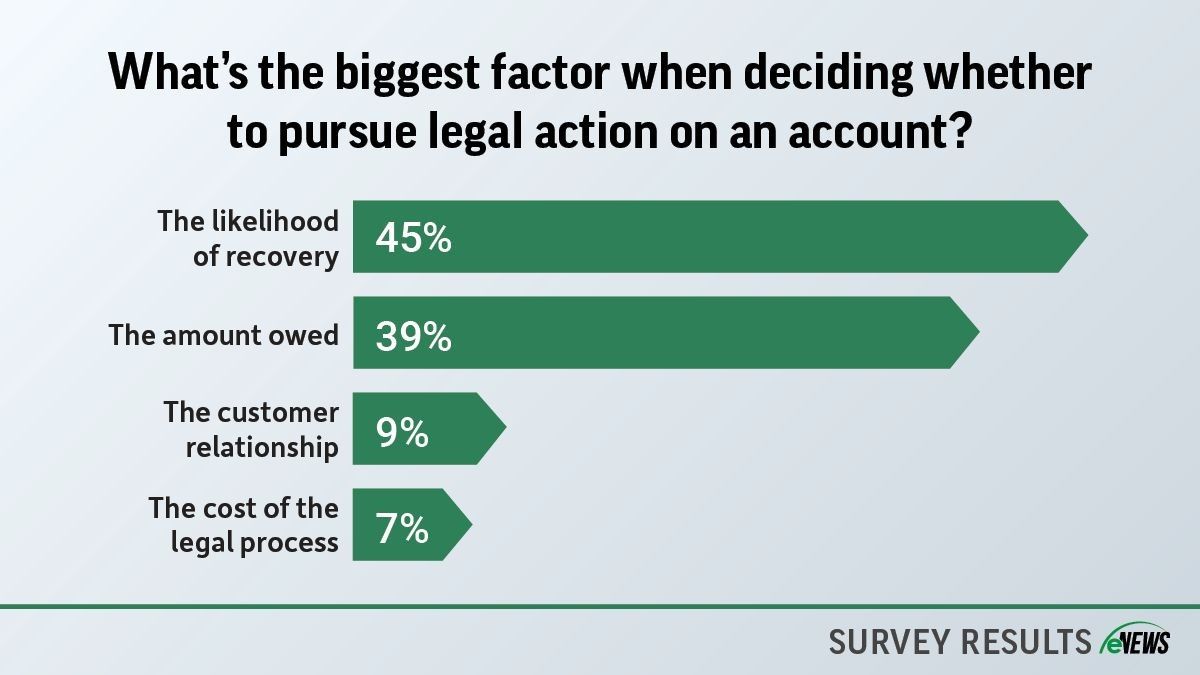eNews, Leadership
The psychology behind leadership
Leadership serves as a catalyst for change, knowledge and growth. Leaders are individuals with a wide range of expertise providing guidance to those around them—and in the workplace, it’s crucial to earn the respect and trust of your employees. But this doesn’t happen overnight. Mutual trust and respect develop over time.
Several layers exist to get to the core of how your team functions both together and individually, which is why psychology plays a significant role in leading effectively.

Leadership serves as a catalyst for change, knowledge and growth. Leaders are individuals with a wide range of expertise providing guidance to those around them—and in the workplace, it’s crucial to earn the respect and trust of your employees. But this doesn’t happen overnight. Mutual trust and respect develop over time.
Several layers exist to get to the core of how your team functions both together and individually, which is why psychology plays a significant role in leading effectively.
Why it matters: Psychology can be a valuable tool for effective leadership because it provides deeper insights into human behavioral patterns, motivation and decision-making. Some of the greatest leaders with high-performing teams are emotionally intelligent and know how to inspire motivation.
“By aiding decision making, hiring, team dynamics and communication, psychology can be a time saver and reach more people so they can do their jobs more effectively,” said Francis Eberle, Ph.D., instructor at NACM’s Graduate School of Credit and Financial Management (GSCFM). “Leaders can now add science as one of their tools to assist them in their role in moving the company forward. By some estimates, $12,500 annually is lost to businesses due to poor communication.”
Communication goes further than talking. Leadership is about knowing how to connect deeper than surface-level interactions. Effective communication fosters a more positive work environment, which helps with employee engagement.
Teams are dynamic. When you know how your team members function, it’s easier to find out how far is too far? As a leader, it’s essential to push your employees outside their comfort zone just enough for personal growth—but not too much to where it becomes anxiety-inducing.
“I bring members of my team with me when I do presentations, even if they’re only standing up there and I let them get comfortable presenting one slide,” said Jill Burns, regional credit analyst at ABC Supply Co. (Beloit, WI). “It’s a simple action to get them used to the experience. Public speaking can be intimidating, so we alternate for everyone to practice. I’ve had the same person come up with me four times, and the first three times, they did not say a word—but this last time, she presented six slides. She did great and was excited afterwards, so it felt great to witness!”
Learning styles can change. The ability to adapt quickly is part of the psychology behind great leadership. Different people have different personality traits and cognitive styles that have massive impacts on team dynamics and behavior. Also, your team can consist of people from multiple departments who have many different responsibilities.
Treating everyone as an individual is a big part of leadership, explained Mike Wierzchowski, senior financial services analyst at Werner Electric Supply (Pewaukee, WI). “You have to treat everyone slightly differently and coach them in the direction they feel comfortable,” he added. “You also have to consider generational nuances when leading because one person may not be as receptive as another to an authoritative or passive leadership style. It’s an individual aspect more than anything. Everyone wants to feel special and matter, regardless of their generation, and getting to that can be difficult.”
Every individual has a hierarchy of needs. When individuals can use their own unique strengths within their team, productivity will thrive. Motivating your team comes from helping them see their own roles and overall reason to participate. “I give my team the autonomy to do their job without micromanaging them, educate them and push them into NACM classes to champion my company to invest in training,” said Michelle Kelly, CCE, CCRA, senior credit manager at Mansfield Energy (Gainesville, GA). “I have developed a lot of talent long-term, but now we’re navigating ways to find someone to fulfill other shoes without them having to take on too much more work. It’s all about balance.”
Leadership Training
Giving your team the opportunity to learn their strengths and weaknesses is your duty as a leader.
- NACM’s Graduate School of Credit and Financial Management (GSCFM) creates credit leaders.
- Register for the Executive Leadership Workshop at Credit Congress.
- Join other credit leaders during NACM’s monthly Thought Leadership Forums.
- Watch on-demand webinars about leadership or sign up for any upcoming live webinar.
The bottom line: Effective leadership hinges on understanding psychology to foster trust and respect, effective communication and helping team members realize their full potential.





